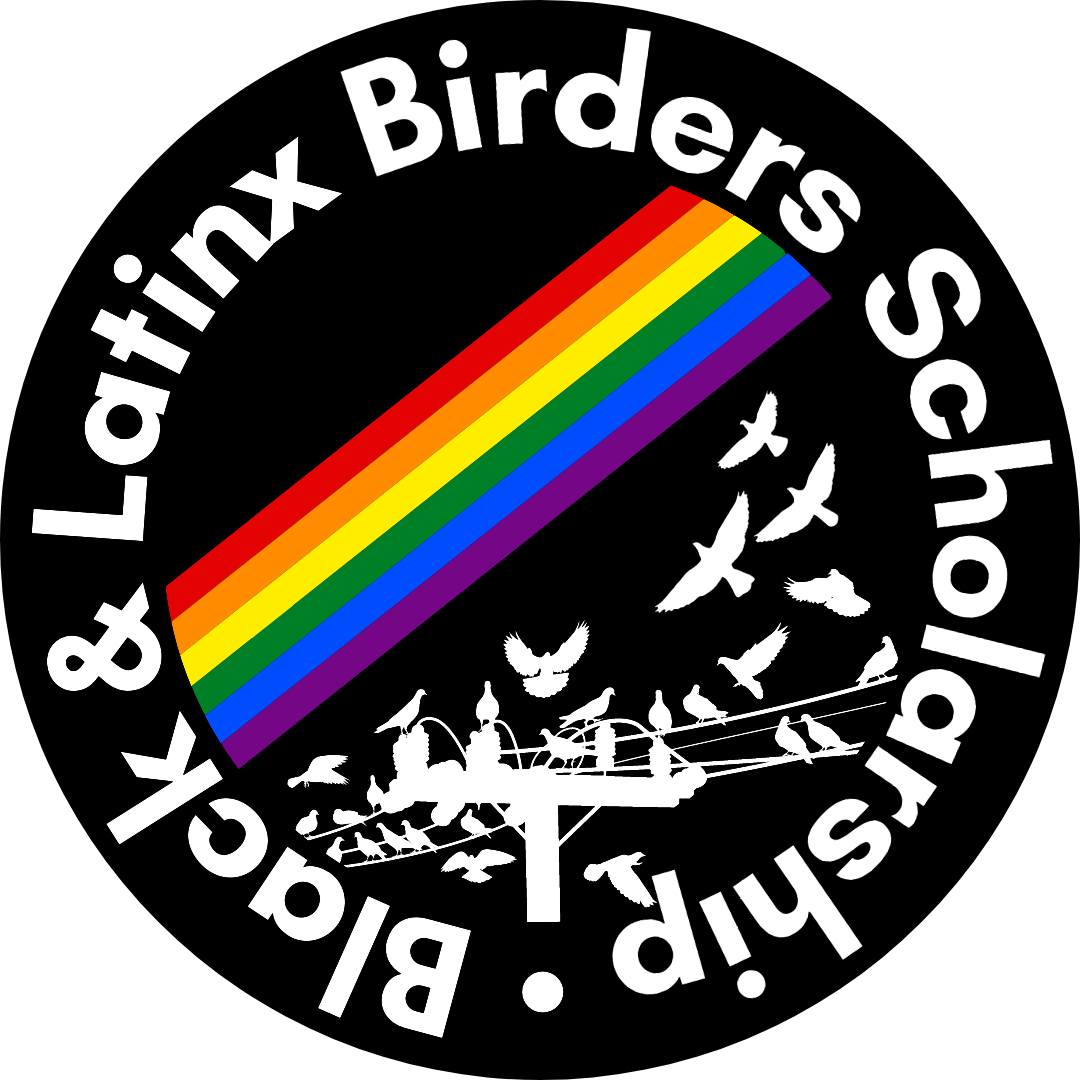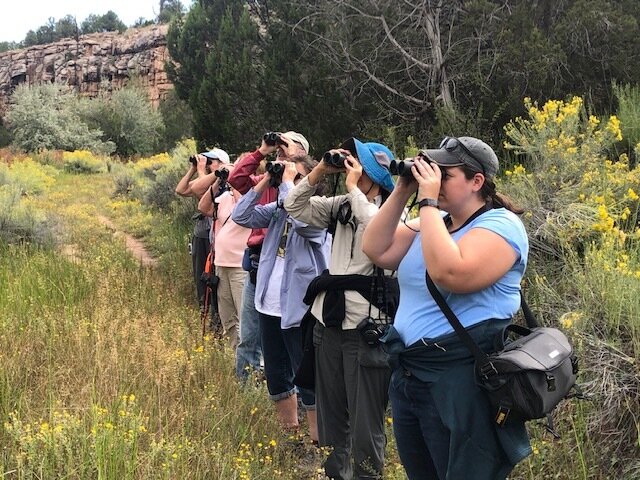Hello, friends! I’m going to try something new in content and that’s a round-up of news from the birding world based on the niches of women’s impact in bird conservation and birding culture. My list here is not exhaustive and is simply what’s caught my attention in the last few months. And PLEASE TRUST that these links are OK to click—I value your trust in me to send you information that is reliable.
Happily, there’s more content than ever out there, since the recent increase in popularity for birding as a pastime during the pandemic.
Speaking of the pandemic, the sudden and sustained period of social distance and shutdown forced many experienced birders to bird in a new way, in solitude and confinement. On top of that, some birders experienced personal illness or the loneliness of lockdown, and for them birding became more of a tonic than ever before. Two essays resonated for me, one from science writer Rebecca Heisman writing about her cancer scare and her subdued local big year, and the other from bird conservation activist Melissa Hafting sharing how birding offered her comfort in isolation.
Thankfully, we are emerging from the pandemic, and birding as a social outlet and shared joy is resuming. In fact, birding as a shared joy always held its own on social media, especially on Instagram, where birders share photos and find each other through events like Black Birders Week (May 30 to June 5, 2021), a mostly virtual (due to the pandemic) event celebrating Black birders’ visibility, experience and contributions in the US birding scene.
Sam Dejarnett of the Always be Birdin’ podcast rounded up a series of interviews for 2021 Black Birders Week, capturing a moment in time through oral history. As a Black woman moderator, she creates a safe space for her guests to speak frankly about the experience of birding while Black in the US, and you’re guaranteed to hear content you will not hear anywhere else among birding podcasts.
Amplify The Future’s Black and Latinx Birders Scholarship Fund. Courtesy Amplify the Future.
One of Sam’s podcast guests was Orietta Estrada, co-founder with Tykee James of Amplify the Future, a new organization dedicated to accelerating the visibility of Black, Indigenous, People of Color (BIPOC) people in Science, Tech, Engineering and Math (STEM) fields. Just over a year old, the organization has attracted big name collaborators in the world of birding (Orietta and Tykee are both well-known American birders), and the scholarship on offer from the organization supports American Black and Latinx undergraduate students studying ornithology, hence the name Black and Latinx Birders Scholarship. Orietta shared on the Always be Birdin’ podcast that a scholarship was the quickest way to elevate talent quickly, and is just one of the programs she and Tykee hope to develop as part of their mission.
The 2021 scholarship is open for applications until July 18, so please pass this on if you know of talented candidates.
As new voices are emerging in the birding scene, birders everywhere are emerging from the torpor of isolation in general. Birding travel is picking up and everything from local walks to international birding trips are possible again.
An all-women birding outing hosted by Kim Score of New Mexico, USA. Photo courtesy Kim Score.
And now you can choose an all-women walk or trip. Kim Scores in New Mexico leads women-only local trips and will be co-leading an all-women birding trip to Guatemala with Ana Paula Oxom through Natural Selections Tours in November. Eliana Ardila Kramer of Birding By Bus is leading an all-woman tour of Northern Colombia’s Caribbean coast in December. Angela Gomez and Luisa Conto of Nature Colombia have several all-women birding trips planned for 2022, including the Caribbean coast, the Central Andes and the Amazon region of Colombia. Check in at Nature Colombia’s website for updates. Birding travel and ecotourism is critical to the conservation of habitat in birding hotspots around the world and your travel dollars make a difference.
And to conclude, some fantastic conservation science news of K. Lisa Yang’s generous $24 Mil donation to the Cornell Lab of Ornithology’s bioacoustics department. Yang made her wealth in finance and is a prominent philanthropist in the areas of brain science, workplace equity and international health. She has supported the lab’s bioacoustics lab for years and has long recognized the role of sound in conservation science and the importance of aiding those who live and work in the world’s biodiversity hot spots.
While the gift is not bird-specific, birds will benefit (it’s the Cornell Lab of Ornithology, after all!). Yang recognizes what she as one person can do with a smart, targeted and generous gift to an organization with the structure, vision and focus of purpose: “I can’t save the world alone,” she said, “but I can focus the center’s strategy on translational science. So this gift is about technology as a means to conserve biodiversity and to invest in and empower people living in areas of immense biodiversity, essentially the lungs of the earth.”


